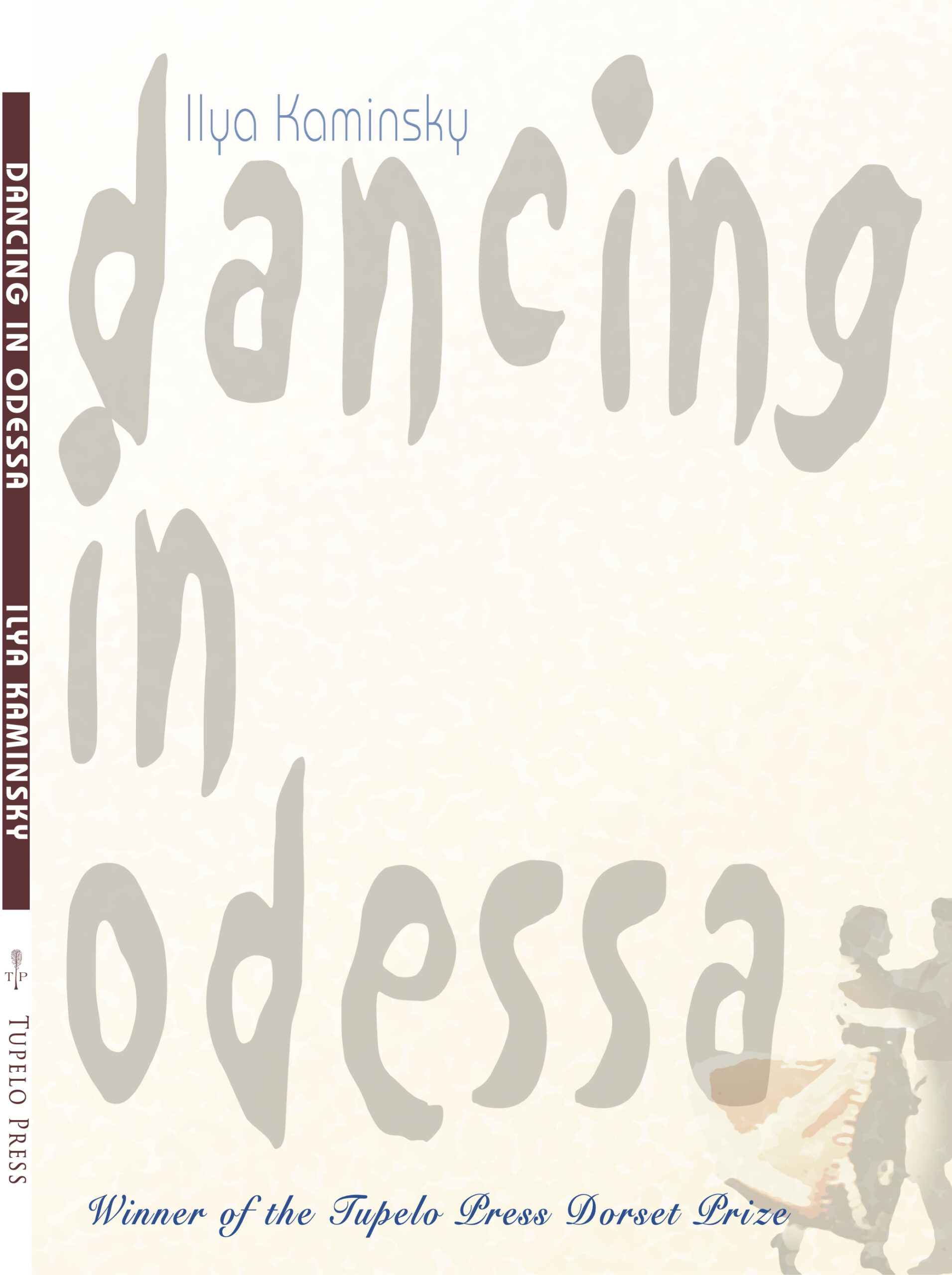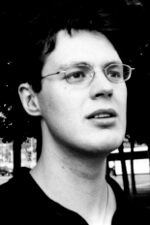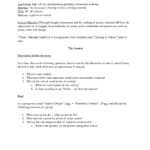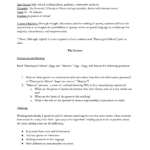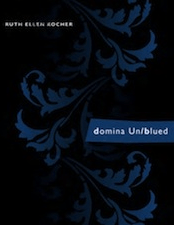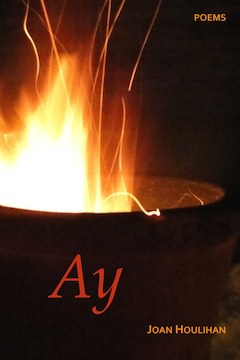Dancing in Odessa
by Ilya Kaminsky
$19.95
…a remarkable debut, one that affords a rare and exhilarating pleasure: the sense of being at the start of something marvelous.
—Boston Review
Format: Paperback
Also available in ebook format through Amazon, Barnes and Noble, Google Play, and Kobo.
Out of stock
Dancing in Odessa made it onto Jane Hirshfield’s Ploughshares Editor’s Shelf (Spring 2006); “This first full-length book is a breathtaking debut.”
Poetry Flash noted Dancing in Odessa in it’s New & Noted column for Summer/Fall 2005.
Pleiades Review of Books featured an excellent review of Dancing in Odessa.
Aviya Kushner reviewed Dancing In Odessa and interviewed Ilya Kaminsky in The Jerusalem Post.
Reviewer Jeannine Hall Gailey has fine words of praise for Ilya Kaminsky’s Dancing in Odessa in the Oct–Dec 2004 issue of the Pedestal Magazine.
The Los Angeles Times said “Dancing in Odessa is a rich, reverberative dance with memories of a haunted city…” (Los Angeles Times, Part R; Pg. 9, June 27, 2004, Carol Muske-Dukes)
The Spring 2004 issue of Small Spiral Notebook has a smashing review of Dancing in Odessa.
The Philadephia Inquirer reviewed Dancing in Odessa on June 2, 2004. Read it here.
The May 2004 issue of Wire magazine reviewed Dancing in Odessa. Read it here.
Winner of the prestigious Tupelo Press Dorset Prize, selected by poet and MacArthur “genius grant” recipient Eleanor Wilner who says, “I’m so happy to have a manuscript that I believe in so powerfully, poetry with such a deep music. I love it.” One might spend a lifetime reading books by emerging poets without finding the real thing, the writer who (to paraphrase Emily Dickinson) can take the top of your head off. Kaminsky is the real thing.
Impossibly young, this Ukrainian immigrant makes the English language sing with the sheer force of his music, a wondrous irony, as Ilya Kaminsky has been deaf since the age of four. In Odessa itself, “A city famous for its drunk tailors, huge gravestones of rabbis, horse owners and horse thieves, and most of all, for its stuffed and baked fish,” Kaminksy dances with the strangest — and the most recognizable — of our bedfellows in a distinctive and utterly brilliant language, a language so particular and deft that it transcends all of our expectations, and is by turns luminous and universal.
…a remarkable debut, one that affords a rare and exhilarating pleasure: the sense of being at the start of something marvelous.
—Boston Review
A superb and vigorous imagination, a poetic talent of rare and beautiful proportions, whose work is surely destined to be widely and enthusiastically noticed and applauded. This is the start of a brilliant career.
—Anthony Hecht
Kaminsky is more than a promising young poet; he is a poet of promise fulfilled. I am in awe of his gifts.
—Carolyn Forché
Passionate, daring to laugh and weep, direct yet unexpected, Ilya Kaminsky&rsquos poetry has a glorious tilt and scope.
—Robert Pinsky
Awards:
 2004 ForeWord Magazine Poetry Book of the Year, Award Winner
2004 ForeWord Magazine Poetry Book of the Year, Award Winner
2005 Addison M. Metcalf Award in Literature American Academy of Arts and Letters
Additional information
| Weight | .5 lbs |
|---|---|
| Dimensions | 6 × .5 × 9 in |
| Format |
Author’s Prayer
If I speak for the dead, I must leave
this animal of my body,
I must write the same poem over and over,
for an empty page is the white flag of their surrender.
If I speak for them, I must walk on the edge
of myself, I must live as a blind man
who runs through rooms without
touching the furniture.
Yes, I live. I can cross the streets asking “What year is it?”
I can dance in my sleep and laugh
in front of the mirror.
Even sleep is a prayer, Lord,
I will praise your madness, and
in a language not mine, speak
of music that wakes us, music
in which we move. For whatever I say
is a kind of petition, and the darkest
days must I praise.
Dancing In Odessa
In a city ruled jointly by doves and crows, doves covered the main
district, and crows the market. A deaf boy counted how many birds there
were in his neighbor?s backyard, producing a four-digit number. He dialed
the number and confessed his love to the voice on the line.
My secret: at the age of four I became deaf. When I lost my hearing,
I began to see voices. On a crowded trolley, a one-armed man said that my
life would be mysteriously linked to the history of my country. Yet my
country cannot be found, its citizens meet in a dream to conduct elections.
He did not describe their faces, only a few names: Roland, Aladdin, Sinbad.
Aunt Rose
In a soldier’s uniform, in wooden shoes, she danced
at either end of day, my Aunt Rose.
Her husband rescued a pregnant woman
from the burning house he heard laughter,
each day’s own little artillery in that fire
he burnt his genitals. My Aunt Rose
took other people’s children she clicked her tongue as they cried
and August pulled curtains evening after evening.
I saw her, chalk between her fingers,
she wrote lessons on an empty blackboard,
her hand moved and the board remained empty.
We lived in a city by the sea but there was
another city at the bottom of the sea
and only local children believed in its existence.
She believed them. She hung her husband’s
picture on a wall in her apartment. Each month
on a different wall. I now see her with that picture, hammer
in her left hand, nail in her mouth.
From her mouth, a smell of wild garlic
she moves toward me in her pajamas
arguing with me and with herself.
The evenings are my evidence, this evening
in which she dips her hands up to her elbows,
the evening is asleep inside her shoulder her shoulder
rounded by sleep.

